Celebrating Dhrupad – In concert with Pelva Naik
Article By Nupur Sampat
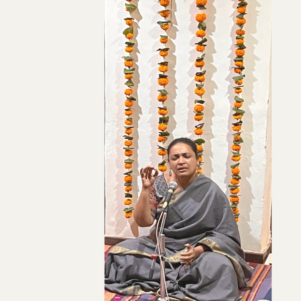 Pelva Naik has been trained in the Dhrupad style of vocal music under the Dagar School of Indian Classical Music. She is a disciple of legendary Dhrupad maestro Ustad Zia Fariduddin Dagar and is a teacher of Art, Music and Humanities. She has performed in festivals and concerts in India and abroad.
Pelva Naik has been trained in the Dhrupad style of vocal music under the Dagar School of Indian Classical Music. She is a disciple of legendary Dhrupad maestro Ustad Zia Fariduddin Dagar and is a teacher of Art, Music and Humanities. She has performed in festivals and concerts in India and abroad.
New Acropolis Culture Circle hosted a musical evening with Pelva Naik, where, accompanied by Shri Jayant Naidu on the tanpura, she enthralled the audience with a rendition of Raag Puriya Dhanashree. The audience soaked in the raag as she went from vilambhit laya (slow elaborate tempo) to madhya laya (middle tempo) to dhrut laya (fast tempo). The performance was followed by a discussion about her journey with music and her process of learning.
The following is an extract of the same:
Pelva was was exposed to classical music from early childhood, though not trained formally. On meeting Guru, Ustad Zia Fariduddin Dagar, she immediately knew she had found her teacher.
She feels that didn’t ‘choose Dhrupad’, rather she organically got drawn to an ecosystem where the ideal teacher and music were present. The meaning of taleem, for her, is a unique exchange, which is not just training but rather a process of giving and receiving. When this exchange is channelled effectively, something remarkable happens. It is, of course, a mix of technique and ways of riyaz or practice, but also other nuances like exchange of the emotive, and the building of a relationship between the teacher and disciple. It’s almost like what happens with a child in a household and how the child grows up in an ecosystem. It’s not just the classical Guru-shishya Parampara of the Indian musical tradition, it also depends on how you are in touch with life. So, taleem takes place, in that sense, with life, with how you perceive life. And here, she considers herself fortunate, that when she was younger, she had the masters and teachers around her to guide her perception of life.
Dhrupad is termed as one of the most ‘difficult’ forms of Indian Classical music. In her opinion, it is considered so because Dhrupad has more tools in the form of syllables that have evolved and been refined through so many generations, that it is an extremely fine-tuned device. In that sense it can be tedious to understand and demanding to achieve the technicalities. But ultimately, it’s love, and love is difficult.
Pelva gave an analogy for Dhrupad, saying it’s like agriculture. You know you want to eat and so you have to farm. You have to dig the land and do the hard work and so at that time you don’t complain about it being difficult. You just involve yourself and become one with it. She considers Dhrupad ‘intricate’ and not ‘difficult’ because when you love something, you drop the term difficult.
Pelva spoke of the quest she is on – the quest to find purity, to understand what music is trying to reveal to us, its position in our life and in our happiness. When she practises an alaap, it is much beyond pleasure for her, it takes the form of a quest, navigating through the flux and contradictions of life. She strives to explore the mysteries of Dhrupad through her practise. This form of music, which is centuries old, has been accorded a very special place but this also makes it aloof. To her each raag is like a person with whom one defines a relationship. Through her alaap, she tries to unravel this relationship and its role in our emotions, suffering and happiness.
As human beings we have the remarkable vehicle of ‘the voice’. Birds and animals have it too, but while birds can sing, they’re not singing Dhrupad. We have evolved this language. And it is remarkable that it allows one to use it as a vehicle ‘to unveil and be naked, to be true’. Pelva said, ‘I think the act of singing itself is something where, it just makes you shed a lot of layers’… ‘but whether you do that or not is up to you. And it shows when one sings.’
For Pelva, Dhrupad is a vehicle to go deeper into a complex, inward journey to discover and unveil the part of oneself that is honest, essential, and true.
Image Credits: Image Courtesy New Acropolis India
The entity posting this article assumes the responsibility that images used in this article have the requisite permissionsImage References
Image Courtesy : New Acropolis India
Read the original article on http://theacropolitan.in
Permissions required for the publishing of this article have been obtained
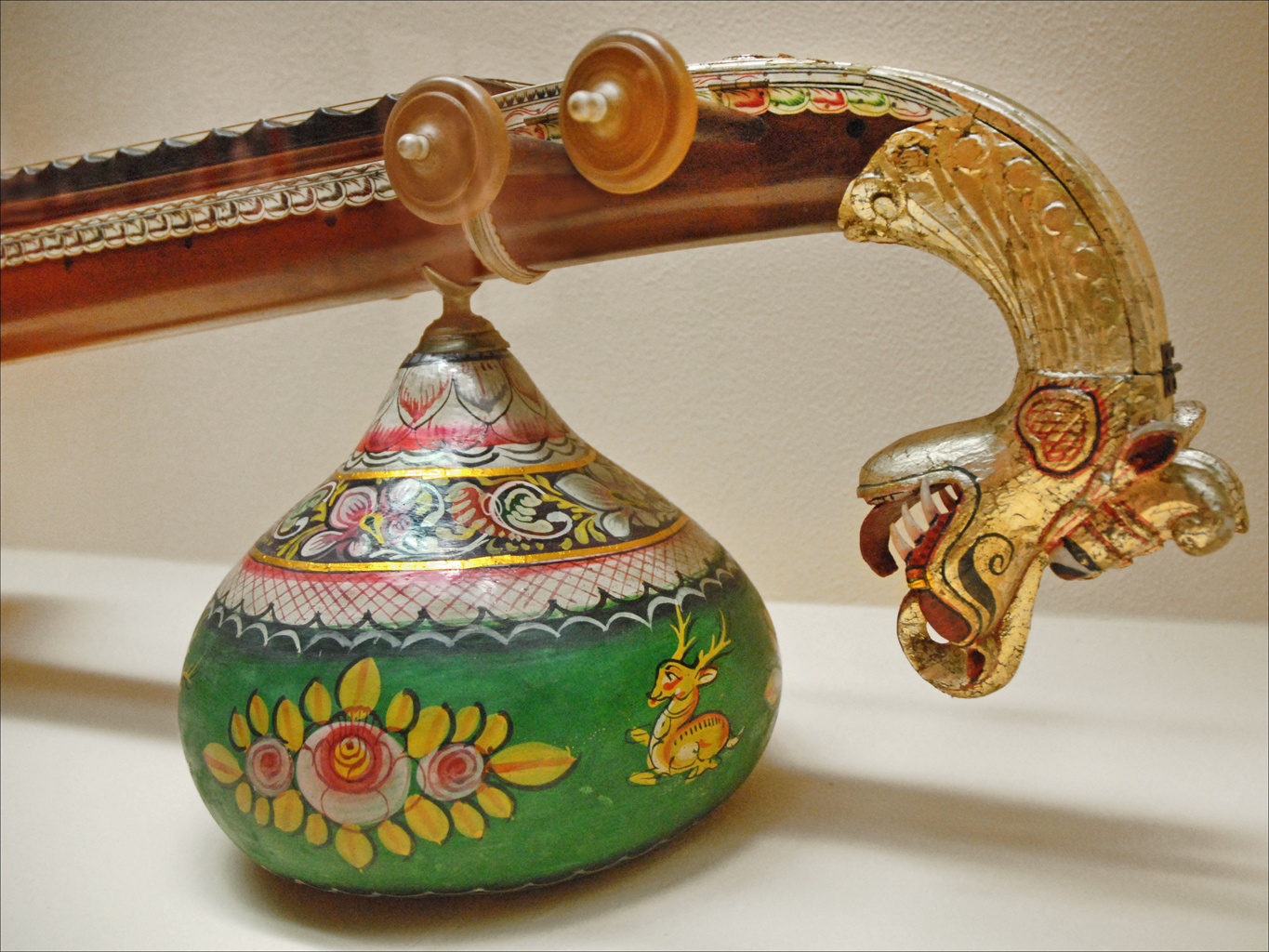
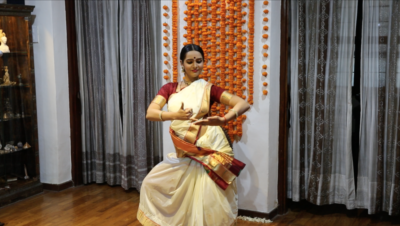
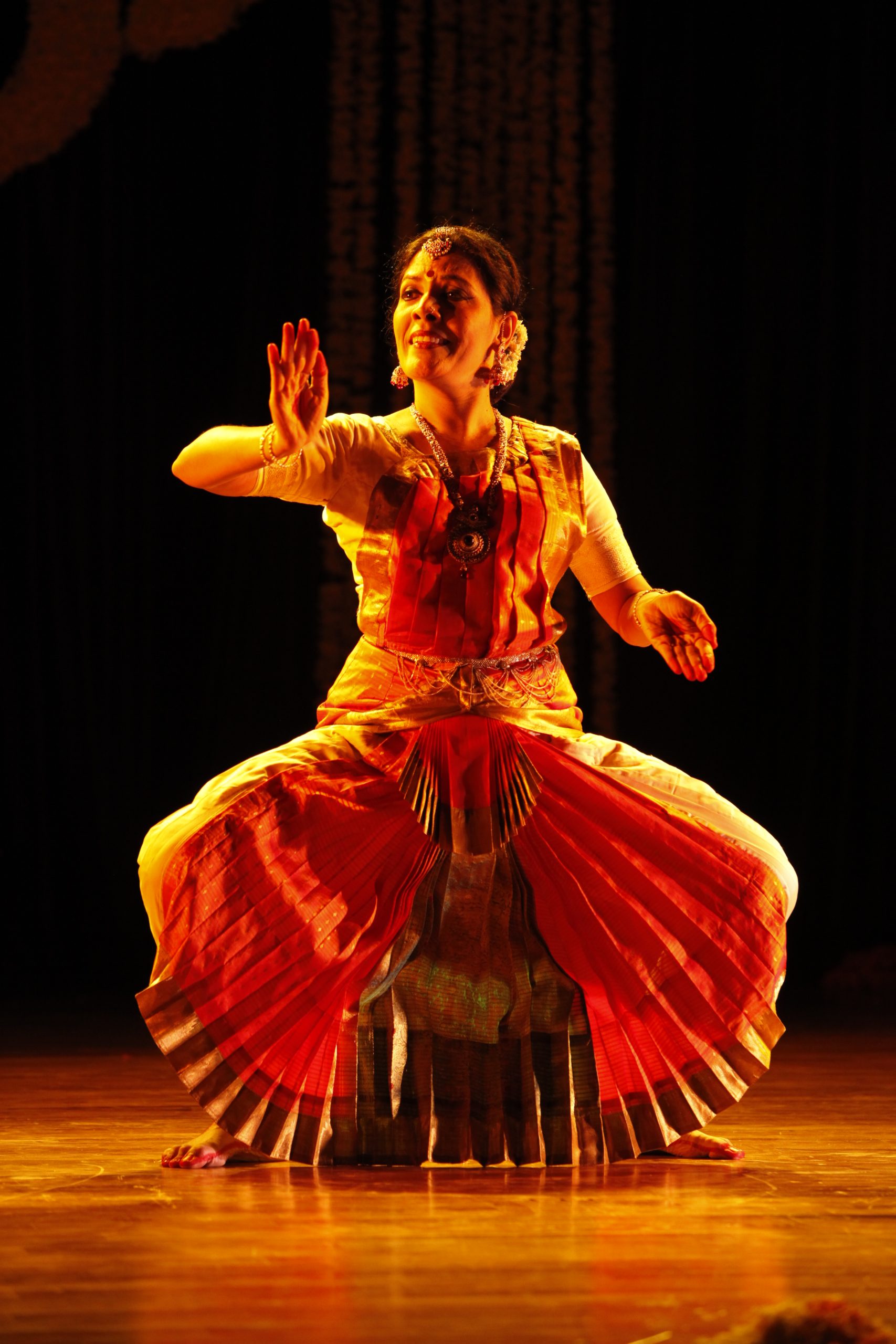
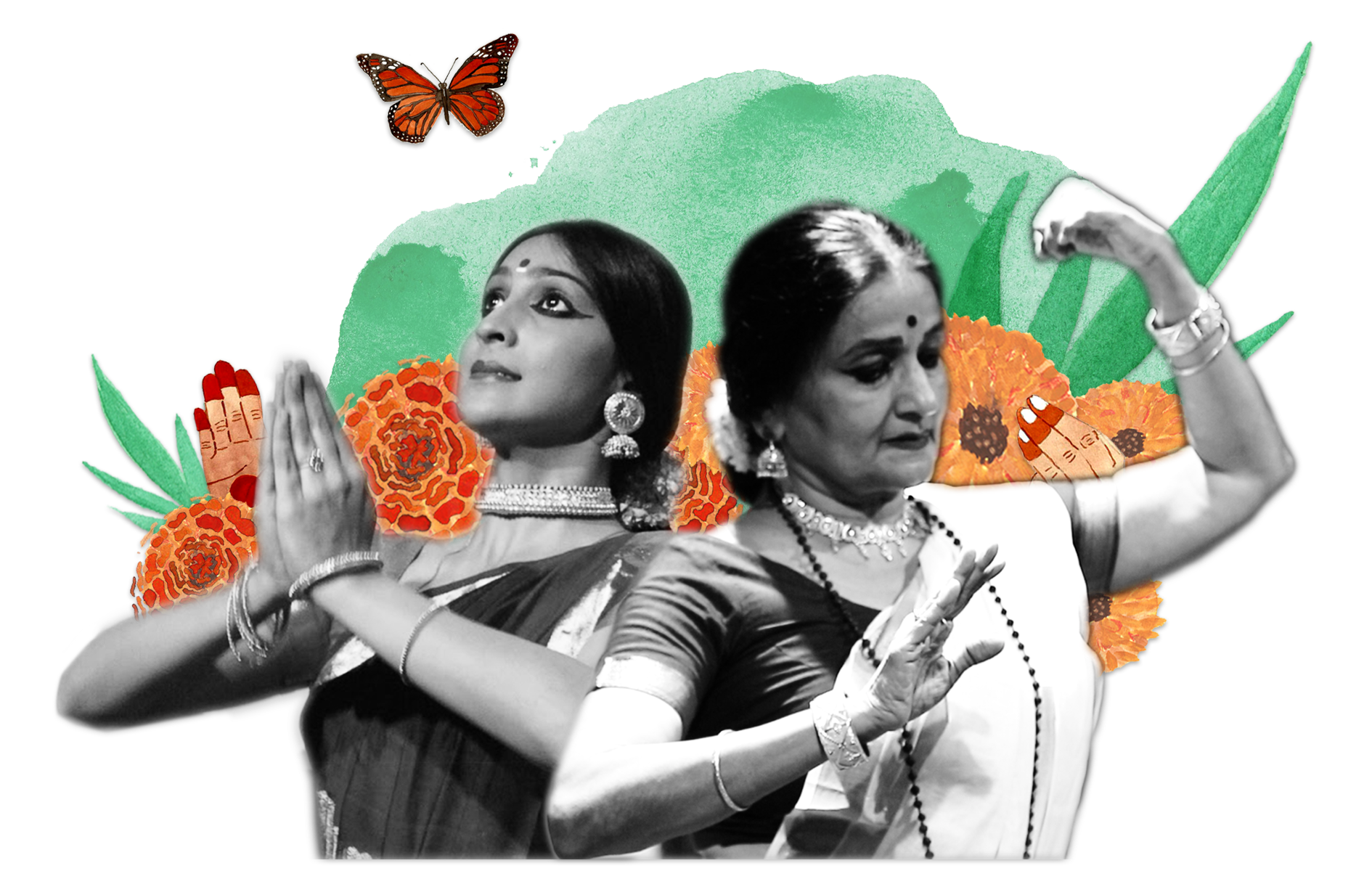
What do you think?